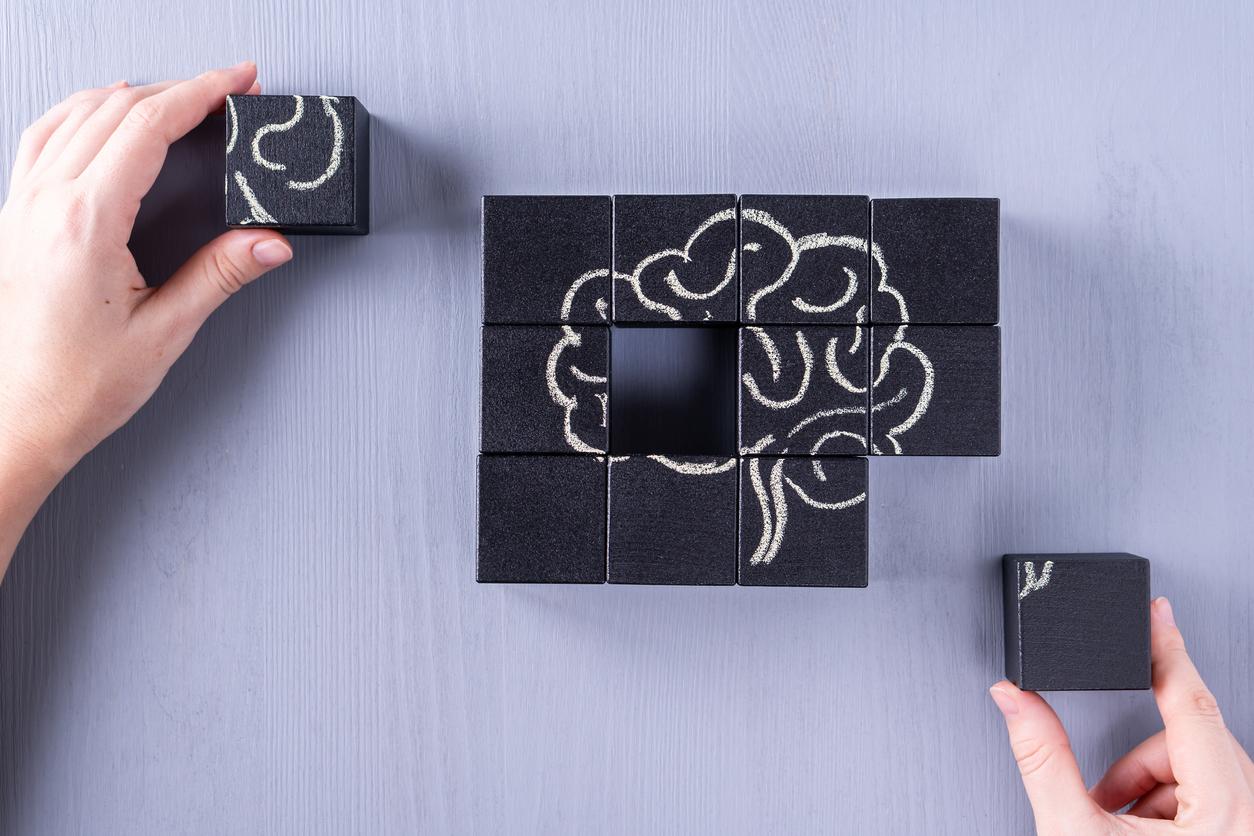First family birthday, Christmas dinner, seaside vacation… A neuropsychologist explains why it is difficult to remember this period of our lives.

- During early childhood, the first memories are fragmentary.
- To form a complete and personal memory, one must have several skills, including developing self-awareness, having general knowledge about the world and associating different types of information (place, time, people).
- According to brain scans, the areas involved in traveling to the past and the future are largely identical.
“Childhood amnesia”. This is the name of the phenomenon that causes people to not keep memories of their childhood. In reality, a child can remember several elements from birth but not for long, according to Bérengère Guillery, neuropsychologist in Caen, who is in collaboration with the‘B2V Observatory of Memories. In a press release, she explains that the first memories are fragmentary. Perceptual memory (either visual, olfactory) is present very early and leaves traces. Thus, we can remember a salient detail, for example an image or a perfume. However, the context is not well remembered.
“During the first years of life, the hippocampus is the site of a strong production of neurons, which generates changes so significant that memories cannot be anchored there. In addition, the maturation of the frontal regions, which allow to structure and retrieve the memory, occurs until the end of adolescence. In parallel with the evolution of the brain during childhood, cognition develops gradually, and a large number of skills are necessary to form a personal memory”, she specifies.
Associate different types of information and develop self-awareness to form complete, personal memories
To create a complete memory, it is necessary to be able to associate different types of information in memory, notably place, time, people, which requires mobilizing distant brain regions but also increasingly specialized regions. The specialist indicates that, moreover, for an event to become a particular memory, it implies having general knowledge about the world, a representation of the world with classic scenarios. “For example, knowing what happens when you go for a picnic in the park with your parents. Thus, the day when the parents invite the child’s friends to have a picnic with them, this constitutes an unusual situation whose child can keep a memory.”
In order to have personal memories, one must have developed and acquired self-awareness over time. This ability only progresses around the age of 4 to 6 years. “This can be highlighted during a small experiment: the child is filmed while an adult sticks a small sticker on his shoulder while passing behind him. If, when he watches the film for an hour later, the child rubs his shoulder to remove it, it is because he recognized himself in this past moment.
Memory: the ability to project oneself into the future develops slowly in children
According to Bérengère Guillery, the ability to project oneself takes time to develop in children and adolescents. Brain scans have shown that the areas involved in traveling to the past and the future are largely identical. “Moreover, prospective memory which amounts to thinking about carrying out an action in, for example, 30 minutes requires many skills: remembering what we must do, interrupting the action in progress to think about the one we must do then and delete this thought so as not to repeat it!” This ability requires both long-term memory (the action to be performed) and executive functions that we use in association with working memory, a form of short-term memory.















